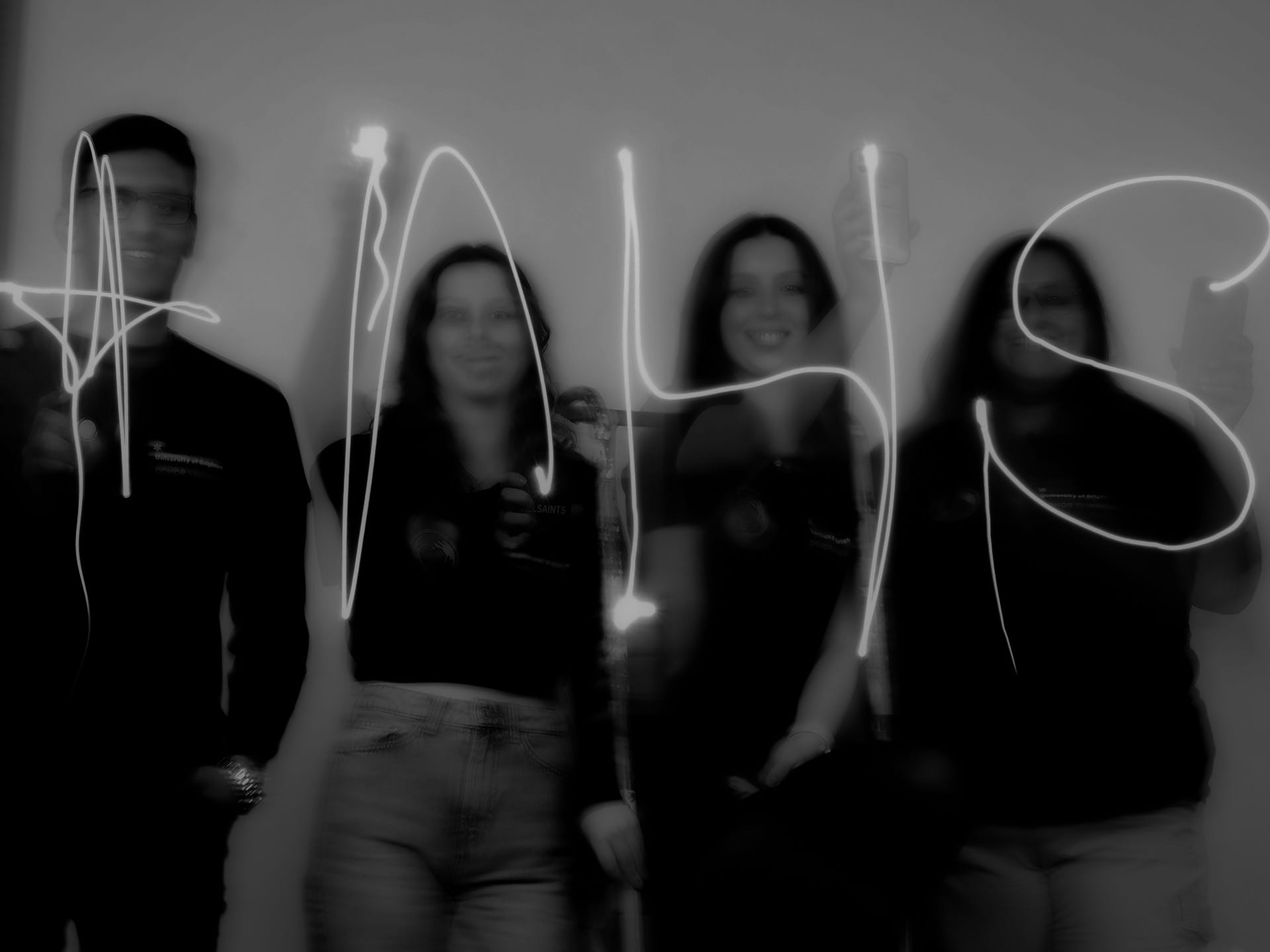We interviewed Thomas Roberts, who is currently at the University of Brighton working on his PHD, titled: Valuing co-production in mental health: exploring comics as a form of arts-based collaborative practice. The research includes participants who have accessed mental health services in the last 5-10 years volunteering to attend workshops to produce comics expressing their experience of the service they received.

What was the motivation for your research?
Thomas worked for many years in frontline social care and health, mainly in mental health roles, often in supported housing. In 2015, Thomas attended the University of Brighton to complete a social policy degree, following the completion of an access course via Portslade Aldridge Community Academy (PACA). This gave him the opportunity to explore ways the policies and processes surrounding the care of patients accessing mental health services could be improved. Thomas’ post graduate research builds on this, looking specifically at how strategies for co-production can make mental health services more inclusive, accountable and democratic.
Thomas’ post graduate research (masters and PHD) is funded by the South Coastal Doctoral Training Partnership (SCDTP). During his masters, Thomas realised there was a way in which his long standing interest in comics could be combined with creative and arts based methodology and philosophy of social research, focusing on people in the area of mental health.
What questions will your research aim to address?
Thomas’ research centres around exploring individuals’ experiences of mental health services via comics to allow for inclusive discussion and expression. Key topics include: how can value in relation to mental health services be understood? Is co-production in mental health services valuable and how might this have a social impact?
Why have you chosen comics in your research?
Thomas has been involved in comic workshops in the past and has always been interested in comics. Thomas’ research explores comics as a new way to understand social reality that is simple yet effective. Comics are approachable, inclusive and expressive and therefore function as a great tool to communicate personal experiences.

Where do you see the impact of your work?
Thomas hopes his comics and a co – authored article with his research participants can be published to meet a wider audience that may include commissioners, people of the council or members of parliament in order to help change social policies for the better using co – production. These narratives of people’s personal experiences can hopefully be used as a way to understand value above and beyond economic consideration. He also hopes his work can be shared within the service user and survivors community in order to share experiences. Similar areas of research and publications that are service user and survivor lead have been published in the Madzine Project. Thomas also hopes that the services of the people that he will be working with are made aware of their experience of their service received.
How do you encourage a ‘non-arty’ person to get involved?
Thomas expressed the many formats that a comic may lend itself to in order to suit different individuals, making it accessible even to people who aren’t arty. Furthermore, you don’t have to be the artist – they are collaborative and there are many roles within creating a comic eg script writer, which doesn’t involve art. Thomas explained that there are no artistic requirements for his participants and hopes that anybody who wanted to be involved could find a way to do so. His participants have varied backgrounds and some are more interested in co production or mental health as opposed to comics.
